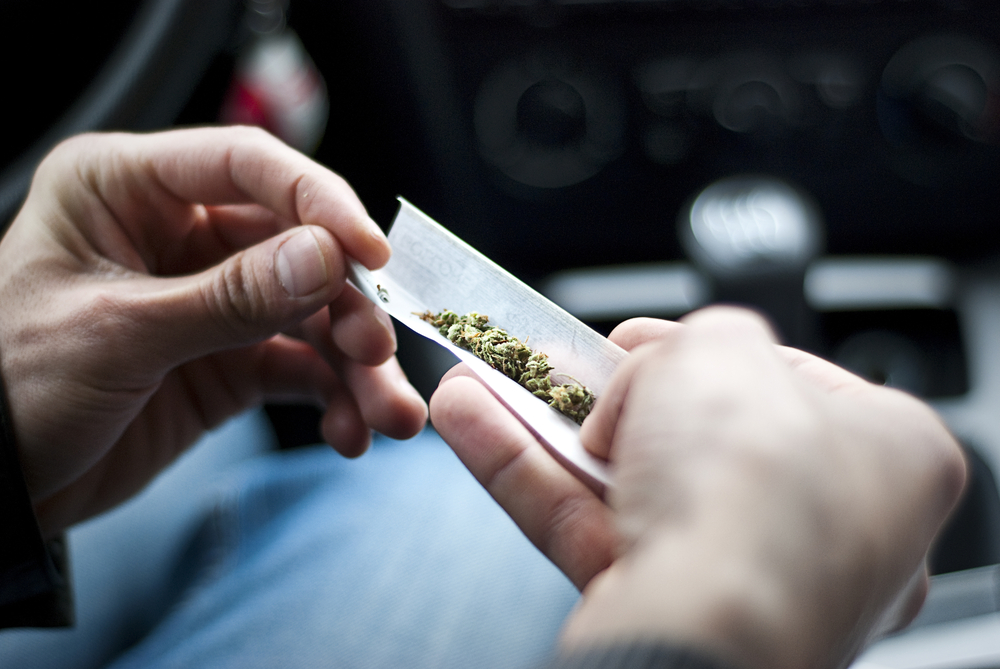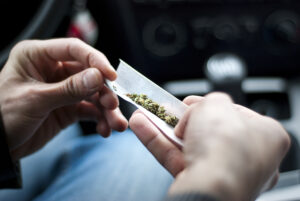Just How Dangerous is Driving Stoned?


One state where recreational use of pot is legal is Washington. It was one of the first states to adopt weed legalization statutes, first for medical use then for recreational use in 2013. Due to its widespread popularity, officials expect pot sales to bring in at least $1 billion in tax revenue over the next four years. But that’s not the only statistic it’s raising: Pot is also taking a toll on drivers in Washington state.
Startling Figures

However, it’s almost impossible to say whether the driver who caused the fatal accident was high at the time, especially if they themselves were killed in the accident. THC, the active ingredient in marijuana that gets the user high, can stay in the stay in the bloodstream for weeks or even months after initial consumption. So, blood tests for someone who smoked an hour before driving could look similar to someone who smoked weeks ago. That would be similar to arresting someone because they had a glass of wine last week, then drove today.
Other Problems with Measuring THC

The main factor is experience with marijuana, but even then, it’s not a perfect classification system. An inexperienced smoker may still have a high tolerance, while a veteran may still “feel it” after only a short time. Instead of looking at THC levels, then, or trying to set a “legal limit” for how much THC can be in the blood, AAA recommends that officers look at different factors if they pull over a driver who has been using pot. These include measuring psychological and, more easily, behavioral evidence of being high.
Trying to Test for THC

Herb Hill, a chemistry professor at Washington State University in Pullman, and his team are working on a kind of Breathalyzer that detects THC. The prototype of the device, called the Cannabix, uses something called ion mobility spectrometry, which is used by airports and the military to detect explosives and chemical warfare agents. However, it will be years before the technology is accurately perfected, and in the meantime other solutions like cheek swabs are also being considered. Whatever the option chosen, there is still the element of uncertainty regarding how much THC should be considered “impairing.”
Weed Legalization Coming to Florida?
So far, any kind of use of marijuana is illegal in Florida. However, if voters have their way in November, that may change. According to recent polls, 80 percent of voters say they would vote to pass a state constitutional amendment legalizing medical marijuana. The amendment only needs 60 percent approval to pass. However, only 56 percent said they would vote to legalize recreational marijuana.
However, that kind of support was also present when a similar referendum was up for a vote in 2014. The bill failed at the last minute due to a massive campaign by opposers of marijuana. The same kind of campaign is promised again by opposition. The amendment failing would leaving Florida in a shrinking group of states who still oppose any kind of marijuana use within their borders.
